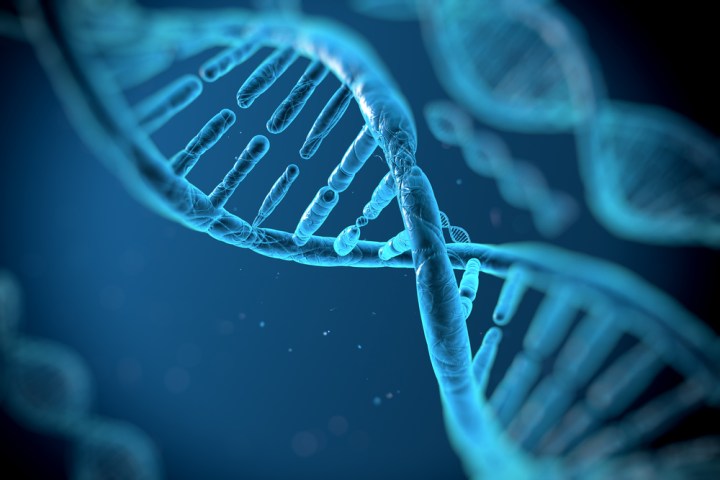
Now a simple blood test can reveal your identity in just a few minutes, thanks to a new method developed by researchers at Columbia University and the New York Genome Center. With their custom software, the researchers think they’ve developed an accurate test which, when paired with an inexpensive sequencing tool, can cheaply analyze crime scenes or identify victims following a major disaster.
The new method provides an “off-the-shelf” way to perform a DNA analysis using a smartphone-sized device called the MinION.
“The MinION reads the DNA in real-time, and a DNA read that comes off can be interpreted right away,” Sophie Zaaijer, a researcher who led the project, told Digital Trends.
The most sci-fi use of this software would be out in the field, where it might verify identities at a crime scene, the most immediate — and most promising from the perspective of the researchers — is within the lab, where the new software and MinION could be used to flag compromised data in cancer experiments. In these experiments, mislabeled or contaminated cell lines is a big reason why studies can’t later be replicated.
“We have developed an application to generate directly actionable results using the MinION,” Zaaijer said. “Our work facilitates that the MinION can be an addition to a standard lab for the routine verification of all cell lines. This will just be the start of this device being used for various rapid read-outs that would otherwise take much more time in sending it for sequencing and waiting for the results to return.”
According to a study published last month in the journal eLife, the new method is capable of determining a person’s identity in as little as three minutes. “The time it takes can vary, but will get even shorter due to the advances in speed [at which] the DNA is read by the MinION,” Zaaijer said. Accurate identification requires that a person’s DNA already be in the database, which is likely to raise privacy concerns and limit the method to laboratory use for now.
“To start, an appropriate database needs to be compiled,” Zaaijer said. “This often involves genetic privacy considerations. This is why our method will be useful for, for instance, patient material that might require house testing to comply with the privacy agreements set up between patient and hospital or clinical lab.”


